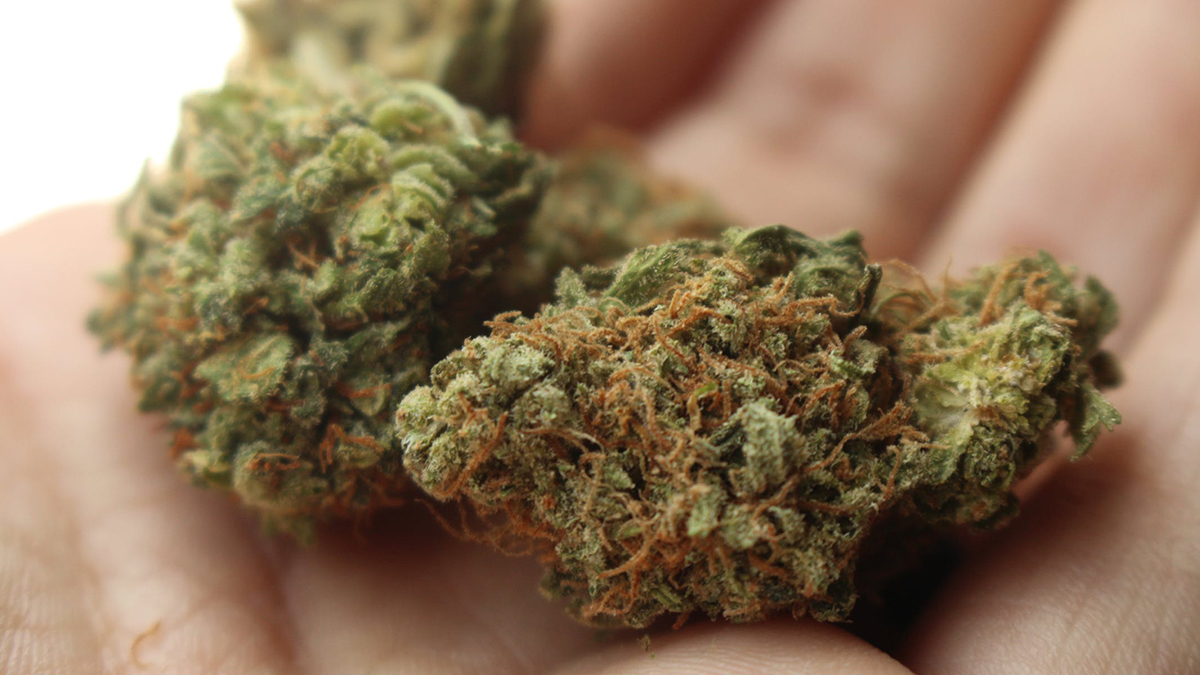Q&A: Graduate student studying how cannabis use impacts athletes
 Stock Image
Stock ImageSociology graduate student Alec Skillings is recruiting athletes who use cannabis to study the relationship between the recent legalization of cannabis and sports institutions.
The study is based on a method called “grounded theory,” a process where participants recount their concerns, and opinions regarding their experiences of cannabis use. The study was approved by the Research Ethics Office last September and Skillings will be accepting eight additional participants until April. The study will be concluded in August 2019.
The Gateway spoke with Skillings to discuss his study, and what he hopes to find out.
The Gateway: What hypothesis do you intend to test with this study? What is the general premise of your study?
Skillings: It’s more of an exploratory study. So there’s not really much research out there as far as cannabis goes, let alone cannabis use among athletes, so this is more so to create a groundwork or a base to start off with for future research. To kind of get a sense of what’s going on here is the main question that I’m trying to answer.
So what does the procedure of the study involve?
I’m using a method called grounded theory… It’s basically hearing stories and perspectives from the participants and figuring out exactly what they’re saying, what their concerns are, what they want to talk about. So from there, we can get a sense of what are the problems athletes are facing.
So are these problems athletes are facing while using cannabis, or problems athletes are facing on their own and then using cannabis to regulate them?
That’s yet to be seen. Basically, I’m talking to athletes who use cannabis and I’ve been finding out that athletes use cannabis in many different ways. I’ve talked with people who’ve used it just to manage stress and anxiety like a lot of other people do who aren’t athletes. I’ve talked to people who use it because it’s fun, it’s a recreational substance. So it’s not that they’re trying to solve problems with cannabis, or they’re having problems because of their cannabis use, though both those things could be there, that’s the nature of the study. I don’t know, no one really knows yet.
Are there any athletes who have noticed that their performance has improved when they’re using cannabis?
That’s a big aspect of what I’m trying to get at because [cannabis] is qualified by all the agencies like U Sports. It goes under the Canadian Centre of Ethics in Sport, who takes its prohibitive list from the World Anti-Doping Agency. There are these layers of bureaucracy that qualify it as a performance-enhancing substance, so technically it is. But I’m finding from athletes that it is and it isn’t. Just as athletes can use cannabis to hang out with their friends and play video games, they can also use it to focus more in the gym for training and things like that.
So when did you decide to start this study and how long is it’s duration?
I’ve been kind of working on this research in some capacity for the past year or two now. But the actual study got ethics approval in September, so basically I’ve been working on it from September until this point. I’m actually struggling to find participants for this study, so I’m still going to be recruiting up until April.
Where is this study being conducted?
Everywhere, so not just on the campus of the University of Alberta. I’ve talked to people from a couple different campuses now, I’m obviously not allowed to say which ones, but yeah, I’ve conducted telephone interviews, which is good, because that way people are able to remain anonymous.
You’ve touched on this a bit already, but why did you choose cannabis in particular? Any deeper reason, aside from it really is an untouched field of study.
So I’m a cannabis user, drugs have always been interesting for me for some of the reasons I’ve talked about.
In an undergraduate course, I took sports sociology. I did a project on Ross Rebagliati, he’s a former Olympic snowboarder, so he won the first Olympic gold medal for snowboarding in 1998. He’s Canadian. He tested positive for cannabis, so he got his medal revoked, but then International Olympic Committee found out that cannabis wasn’t actually on the prohibited list, so they gave him his medal back. But he suffered reputational damage, his career effectively ended because of this controversy, and afterwards, they made cannabis prohibited.
So personally, it’s a very interesting topic for me and it feels like something that needs to be explored and athletes voices need to be heard on this issue because they haven’t been.
Are there any sort of specific outcomes you might hope will emerge from this study, any specific improvements in how cannabis is viewed in athletics?
I guess I should say, I’m not pro or anti-cannabis. I’m not trying to advocate that cannabis should be allowed in sports, although a lot of people think that way, which is great. But a lot of people also think that it shouldn’t be allowed. So I guess the final product for this project will be something that kind of states what some of the problems are, some of the things athletes, coaches, [what]




If you:
-Are a current varsity athlete
-Have used cannabis in the last 12 months
-Over 18 years of age
-Are willing to participate in one 45-60 minute interview
Please contact me! Inquiries and interviews will remain confidential and anonymous. Interviews can be conducted in person or over the phone.
[email protected]
587-989-8235 (call or text)